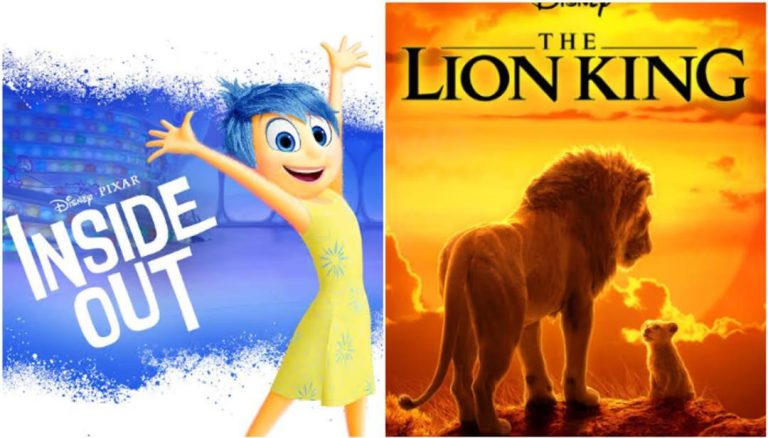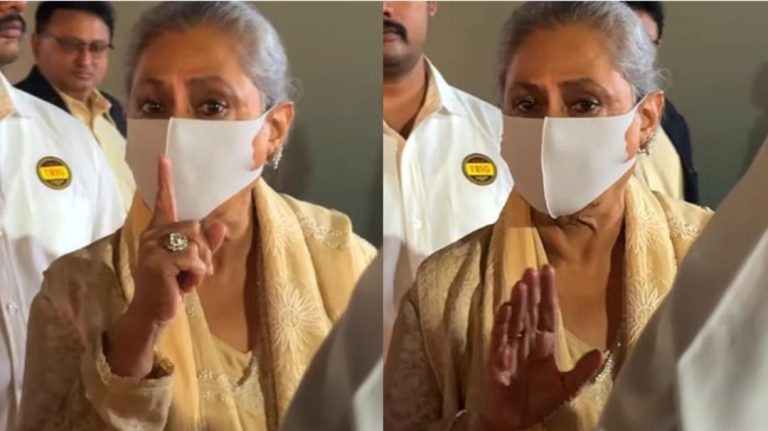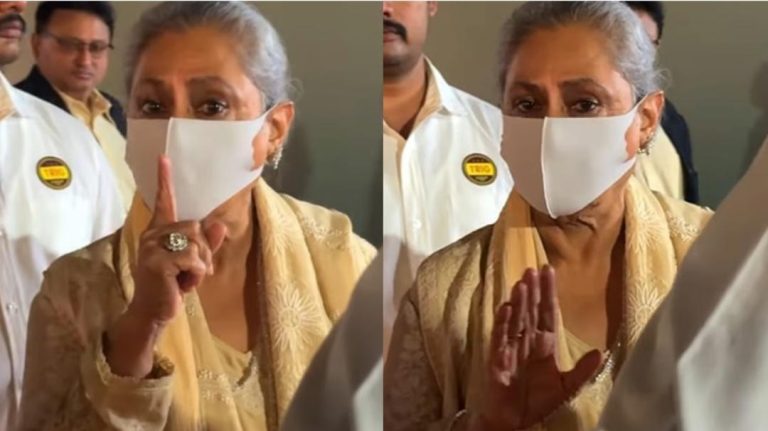
Title: Sydney’s Ad Campaign Criticised for ‘Unrealistic Beauty Standards’
Hollywood actress Sydney Sweeney’s latest advertisement campaign with American Eagle has been facing backlash for promoting “unrealistic beauty standards” and “white genetic superiority”. The ad, which has been met with widespread criticism, features Sydney posing in a series of images, highlighting her toned physique and blonde hair, with the tagline “Great Jeans. Great Genes.” The phrase is a play on words, referencing both the quality of the jeans and the concept of genetic inheritance.
However, the ad has been accused of being insensitive and in poor taste by many, particularly those who have issues with the representation of beauty standards in the media. One user wrote on social media platform X, “Maybe I’m too woke, but choosing blonde, blue-eyed actress to say ‘great genetics’ is insane.” The comment highlights the issue of representation and the lack of diversity in the advertising industry.
The ad campaign has sparked a heated debate about the importance of representation in the media and the impact it has on society. Many have argued that the ad is promoting an unrealistic beauty standard, one that is unattainable for most people. The use of a blonde, blue-eyed actress to promote the idea of “great genetics” has been seen as a deliberate attempt to reinforce white genetic superiority.
The lack of diversity in the advertising industry is a well-documented issue. According to a report by the American Advertising Federation, only 12% of advertising executives are from diverse backgrounds. This lack of representation can have a significant impact on the way people perceive beauty and what is considered desirable.
The ad campaign with Sydney Sweeney is just the latest example of how the media can perpetuate harmful beauty standards. In recent years, there have been several instances of ads being criticized for promoting unrealistic beauty standards. For example, a 2020 ad campaign by fashion brand, Victoria’s Secret, was accused of promoting a narrow and unrealistic definition of beauty.
The impact of these ads on society can be significant. Studies have shown that exposure to unrealistic beauty standards can lead to negative body image, low self-esteem, and even mental health issues. The lack of representation in the media can also contribute to feelings of isolation and marginalization for individuals who do not see themselves reflected in the media.
The ad campaign with Sydney Sweeney has also sparked a debate about the role of celebrities in promoting beauty standards. Celebrities have a significant influence on popular culture and their endorsements can have a significant impact on the way people perceive beauty. However, many have argued that celebrities have a responsibility to promote positive and inclusive beauty standards.
In conclusion, the ad campaign with Sydney Sweeney is just the latest example of how the media can perpetuate harmful beauty standards. The use of a blonde, blue-eyed actress to promote the idea of “great genetics” has been seen as a deliberate attempt to reinforce white genetic superiority. The lack of diversity in the advertising industry is a well-documented issue and can have a significant impact on the way people perceive beauty and what is considered desirable.
It is time for the media to take a more inclusive and diverse approach to promoting beauty standards. Celebrities have a responsibility to promote positive and inclusive beauty standards and the advertising industry must do more to represent a wider range of people.
References:





